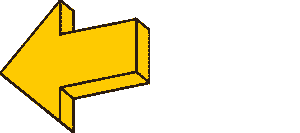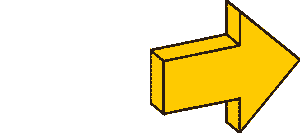

audioaspects; last updated: November 2, 2004
|
Virtual interfaces and an aesthetics of degree zero Virtual
|
Degree zero The aesthetics of the degree zero of politics, means the rejection of the "spectacular" (the spectacle) and the "representative" politics, the level of representation is dissolved , and a return to a level of "degree zero". Degree zero does not imply a ground, that is an origin, but a full potentiality, that needs to be active actualised, to find its expression. The procedures of the virtual are not based on a universal code, it is a field of permanent change of procedures, articulations, tactics and expressions, which all interfere in a process of crossing. It is a field of social transcodings between political, legal, machinic and cultural codes. The processes of transcodings serve as a model for an knowledge exchange, which enables us to read, oppose and change hegemonic strategies. |
|
|
|
|
||

